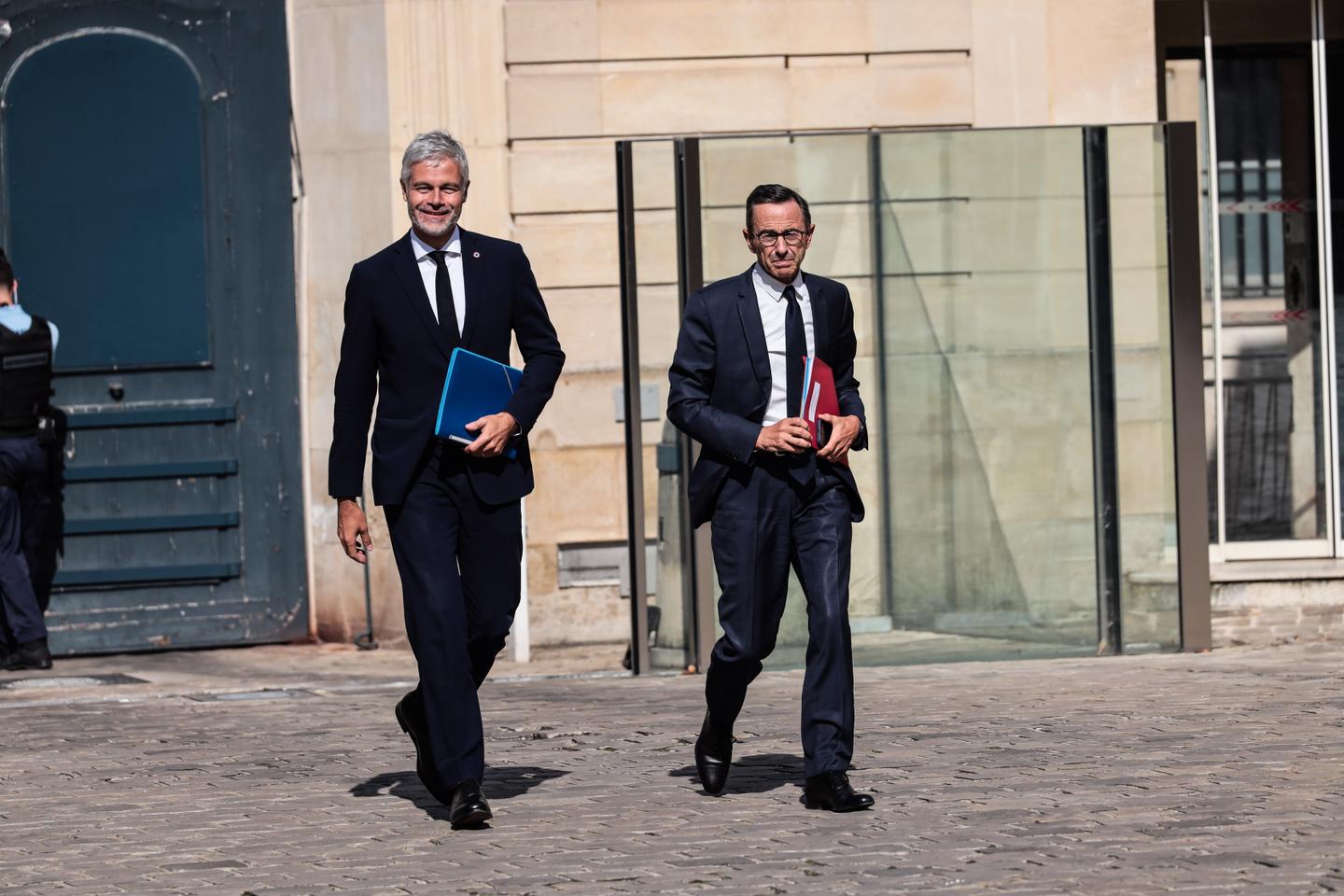


So much time – marked by a flurry of twists and turns, tactical and ego games – has passed since the second round of the parliamentary elections, at the beginning of the summer, that it seems worthwhile to go back to the starting point of this unprecedented sequence of events, which is both crazy and troubling. Why did Emmanuel Macron wish to dissolve the Assemblée Nationale on June 9, on the evening of his side's defeat in the European elections? For the sake of "clarification," the president had argued, according to whom a "return to the people" would make it possible to "depressurize" political life.
What did the French people say in the June 30 and July 7 parliamentary elections? That they wanted change (Macron's central coalition was severely penalized, losing around 80 MPs), and that they didn't want the far-right Rassemblement National party, which was relegated to third place on the evening of the vote, thanks to the republican front – the big winner of the election.
More than two months after the vote, where do we stand? Firstly, there has been a kind of clarification: By allying itself with the right, Macron finally acknowledges an ideological orientation that it has, slowly but surely, been conducting gradually since 2017. This effectively puts an end to the concept of "going beyond" the right-left divide, which was constantly mentioned, but has never really existed.
The French people have then inherited a government dominated by Macron supporters and members of the Les Républicains (LR, right) party, which continued to lose ground electorally, obtaining only 47 deputies on July 7. A government set to continue following the policy of the past seven years, countering the French people's desire for change. Finally, although two-thirds of the population had voted for a candidate who was part of the republican front against the far right, the new team has come under the watchful oversight of Marine Le Pen, who thus becomes the decisive arbiter of possible future no-confidence motions. In short, a great about-face. "The last will be first," former prime minister Dominique de Villepin quipped on September 15, quoting the Gospel
A certain continuity in policy
The French people might legitimately ask: What's the point of voting? However, the July 7 result indeed lacked clarity, composing an Assemblée Nationale split into three blocs, with no majority.
As for the left, which today feigns dismay at the right's return ("Help, the right is coming back!" as campaign posters for the 1986 parliamentary elections proclaimed), it has sabotaged the possibility of getting back on the path to power. By saying, as soon as the result of the second round of the July elections were published, that the left-wing Nouveau Front Populaire (NFP) alliance had won the elections and would apply "all of its program, nothing but its program," left-wing leader Jean-Luc Mélenchon, hoping to benefit from the chaos, torpedoed the NFP's chances of being offered the premiership. For its part, the Parti Socialiste, which preferred to remain in the opposition rather than see itself be linked to Macron's track record during the presidential election race in three years' time, pulled the rug out from under ex-president François Hollande's former prime minister, Bernard Cazeneuve, whom Macron had preferred over the NFP's candidate.
You have 61.98% of this article left to read. The rest is for subscribers only.
